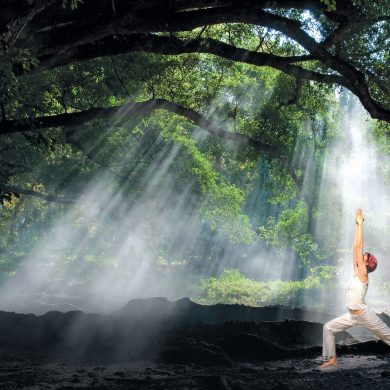There is a wonderful Indian story about a little boy whose parents take him to a reception at the maharaja’s palace. A servant is circulating among the guests with a tray of delicacies, and the boy is deeply impressed by the selection. When his turn comes, the servant sees the look in his eyes and tells him firmly, “Choose just one item, please.”
“Just one?” “That’s right.”
“As long as it’s just one thing, you’ll give it to me?”
The servant, who has many more guests to attend to, is getting a little impatient. “That’s right,” he says. “I’ll give you one item and one item only. What will it be?”
“The whole tray.”
The maharaja, pleased by this daring, takes the heavily-laden tray from the servant and himself presents it to the boy.
Whenever I hear young people saying, “I want to be somebody,” I sometimes think of that little story. I say: why be satisfied with just being somebody? Be everybody! why love just one or two people who are close to you? Love all! take the whole world as your home; make every mountain and river your own; treat every child – white, black, brown, rich, poor – as your very own, and live in a way that will make their earth a better place. that is the real meaning of worship.
Coleridge put it well in his beautiful lines:
He prayeth best who loveth best
All things both great and small.
For the dear God who loveth us,
He made and loveth all.
Most of all, a trustee worships the universal spirit of life by living up to his or her highest ideals. as soon as we begin to live by our highest ideals, whether we consider ourselves Christians or Jews or Moslems or Buddhists or simply trustees of ourselves and the earth, all religious differences and quarrels disappear. In every sacred tradition, spiritual awareness means realizing the heart’s deepest capacity for compassion, and that realization transcends all boundaries. If you live by the prayer of st. Francis of assisi – not just repeating “Make me an instrument of peace” but actually trying to become an instrument of peace in your home, at your office, in your shop, or on your campus – nobody will ask what your religion is; no one will care. they will simply say, “I’m glad you’re here. as long as there are people like you in the world, we have hope.”
Becoming zero
The tasks facing us today are enormous, but it is the glory of human nature that there will always be those rare individuals who say, “Let there be dangers, let there be difficulties, let there be the possibility of death itself – whatever it costs, I want to live to the full height of my being, with my feet still on the ground but my head crowned with stars.” according to Mahatma Gandhi, this can be done only by facing difficulties that appear almost impossible.
Our hope for the future lies with these rare evolutionaries who are not content to wait for others to change before they throw themselves into this unimaginably difficult task. “strength of numbers is the delight of the timid,” said Gandhi. “the valiant in spirit glory in fighting alone.”
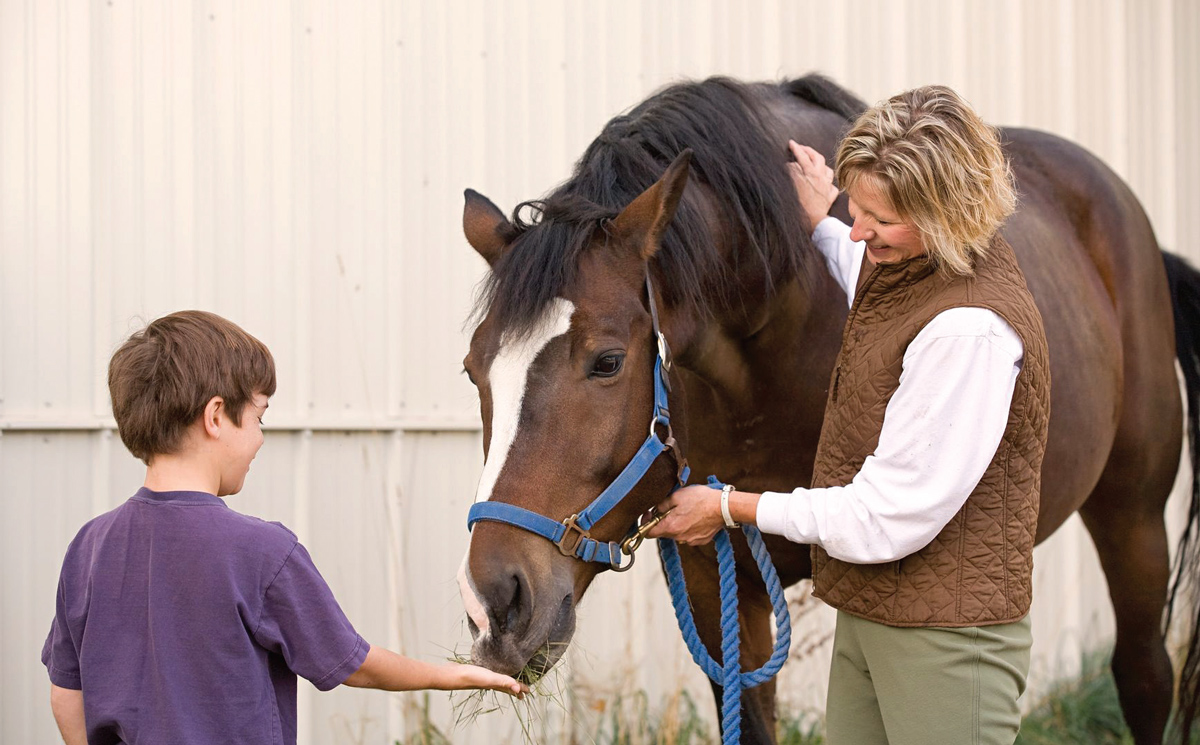
These daring individuals simply laugh at the words “fun” and “pleasure.” what is the satisfaction in drifting along with the current? true satisfaction lies in swimming against the current of conditioned self-interest. It is dangerous, of course, but that is why it makes you glow with vitality. It is strenuous, but that is what makes your will and determination and dedication grow strong, your senses clear, your mind secure, and your heart overflowing with love and the desire to give and serve.
Gandhi is a supreme example. he wanted so deeply to help the world that he dedicated his life to siphoning every trace of self-interest out of his heart and mind, leaving them pure, radiantly healthy, and free to love. It took him nearly twenty years to gain such control of his thinking process, but with every day of demanding effort he discovered a little more of the deep resources that are within us all: unassuming leadership, eloquence, and an endless capacity for selfless service.
“Gandhi is a supreme example. He wanted so deeply to help the world that he dedicated his life to siphoning every trace of selfinterest out of his heart and mind, leaving them pure, radiantly healthy, and free to love. “
when he was in south africa, Gandhi sometimes would walk fifty miles in a day and sleep only a few hours a night. Even into his seventies he wrote hundreds of letters every week; when his right hand got tired, he learned to write with his left. Once, while he was writing a letter, the lantern failed. Most of us would have quit and gone to bed, but Gandhi, aware of how much his reply meant to those who had written to him, went outside and finished his correspondence by moonlight. that kind of drive gives a glimpse of the wellspring of vitality he tapped every day. If we were asked to live like this, we would say, “Impossible!” Gandhi would object, “Oh, no. It is possible, when your mind is flooded with love for all.”

How could anyone resist such a leader? his example inspired all of India to reach a little deeper for the perseverance, courage, and compassion we needed to carry on the struggle for independence. If a seventy-year-old man could work like that, how could we not follow his example?
Late in Gandhi’s life a western journalist asked, “Mr. Gandhi, you’ve been working fifteen hours a day for fifty years. Don’t you ever feel like taking a few weeks off and going for a vacation?” Gandhi laughed and said, “why? I am always on vacation.” Because he had no personal irons in the fire, no selfish concerns involved in his work, there was no conflict in his mind to drain his energy. He had just one overwhelming desire – an ambition that, like a bonfire, had consumed all his passion. this world-famous figure, who could have been prime minister of India and one of the wealthiest men in asia, declared he had no interest in becoming rich or famous. he wanted something far greater, he said: to become zero, to place all his talents, resources, time, and energy in a trust for the world.
In the climax of his great prayer, st. Francis proclaims, “It is in dying [to self] that we are born to eternal life.” Although the media have been suggesting recently that self-sacrifice has gone out of fashion, I think there are still many young people – and older ones as well – who hunger for the adventure of such a challenge. It was not so long ago that John F. kennedy said, “ask not what your country can do for you; ask what you can do for your country,” and millions of young people caught a tantalizing glimpse of a life based not on the feverish pursuit of personal profit, but on the exhilarating pursuit of a lofty, selfless goal.
Today, as we enter perhaps the most important and challenging decade in the history of mankind, it is only this irresistible, all-pervasive power locked away in our hearts that can guide us safely into the next millennium. “there comes a time,” Gandhi wrote, “when an individual becomes irresistible and his action becomes all-pervasive in its effect. this comes when he reduces himself to zero.” Let us ask not what life can give us, or how the earth can make a profit for us, or what corporations or governments can do for us. Let us each ask ourselves: how much can I give? how much can I love? how much can I remake my life?
Ultimately, in every one of the crises we are facing, the solution depends upon you and me. when we sit down to meditate in the morning, we are not just remaking ourselves. we are remaking our families, our community, our nation, and, in the end, our entire world.
In this great task, no one is unemployed. the Gita would say that all of us are given a job the moment we are born: our job is to give. Give till it hurts – and then give more. when it hurts more, give more.
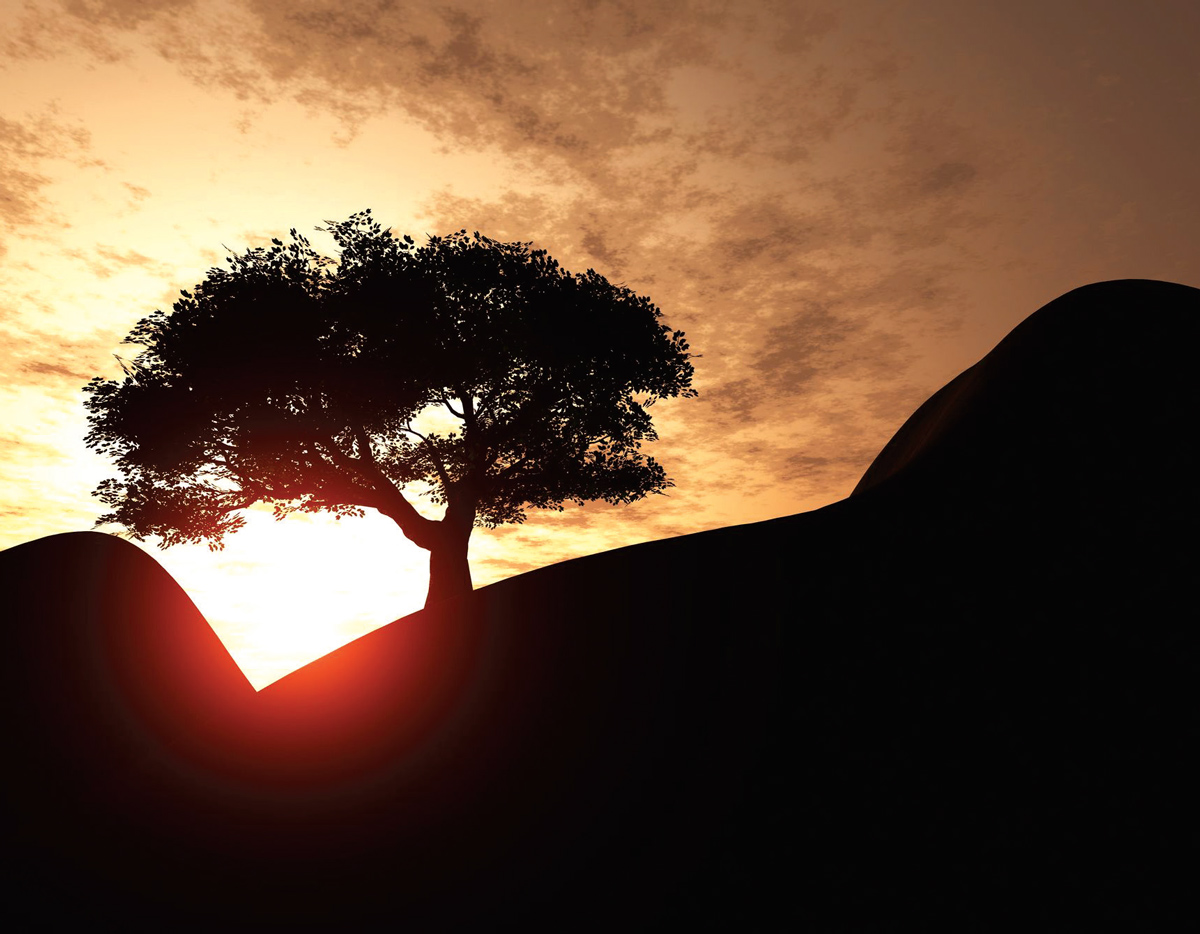
without the compassion, awareness, and wisdom hidden in each of our hearts, the world simply may not survive. the time has come when one by one we must learn to light the lamp of freedom and compassion within. slowly, but very surely, the night will be filled with glowing lamps. there is no one else to do this job for us, and there may as yet be only a few of us who are ready to do it. But, as Emerson put it, “when it is dark enough you can see the stars.”
The most important thing is to keep the flame burning. “Full effort is full victory,” said Gandhi. You need not be troubled if you have made mistakes, or if your ideal has slipped away. Just continue to give your best. If you fall, pick yourself up and march on. If you cannot run, walk. If you cannot walk, crawl. nothing in life is more joyful or more thrilling. the effort alone brings a continuing wave of joy in which every personal problem, every suffering and humiliation, is forgotten.
Most of all, I believe, it is the young people of the world – especially in the developed countries, where we have the time and leisure to look inward – who can change the world’s dangerous course. I have lived in the world of students for over fifty years, and the idealism I see in them gives me great hope for the future. Young people standing on the threshold of life always feel as if they are the first to discover the beauty of the world, and their love for that beauty can carry them to great heights.
 I often used to teach wordsworth to my college students in India, and I enjoyed seeing them nod in recognition at his marvelous lines:
I often used to teach wordsworth to my college students in India, and I enjoyed seeing them nod in recognition at his marvelous lines:
There was a time when meadow, grove, and stream,
The earth, and every common sight,
To me did seem
Apparelled in celestial light,
It is not now as it hath been of yore;
Turn wheresoe’er
I may, By night or day,
The things which I have seen
I now can see no more.
The glory and the freshness of a dream.
For those students, who were just beginning to hold up their own ideals like a lamp to the world, that vision must have seemed near enough to reach out and touch. I am sure they thought its glory and freshness would last forever. Yet, in the years that followed, when I chanced to meet up with some of them, it almost broke my heart to see how their ideals had been swept away by life’s relentless tide of cares and pleasures. Gradually, many had become insensitive to the needs of the world around them. Because they had not learned how to keep the flame alive, they found themselves, as wordsworth did, remembering the dreamy days of idealism from afar:
“As I have mentioned, it was while I was teaching at a great university in India that I took to meditation – with a passion that soon consumed all my other desires and aspirations. When I saw that it might be possible for an ordinary man like me to reach for that high ideal and live in its light always, I could not rest without it.”
If there is one thing I would say to the young people of the world, it is this: don’t ever lose your ideals. time has a subtle way of stealing them when you least expect it. nothing matters so much as keeping the flame alive. You can lose your hair, and nothing of significance is lost; you can lose your money, and nothing is lost; but if you lose your idealism, you are lost.
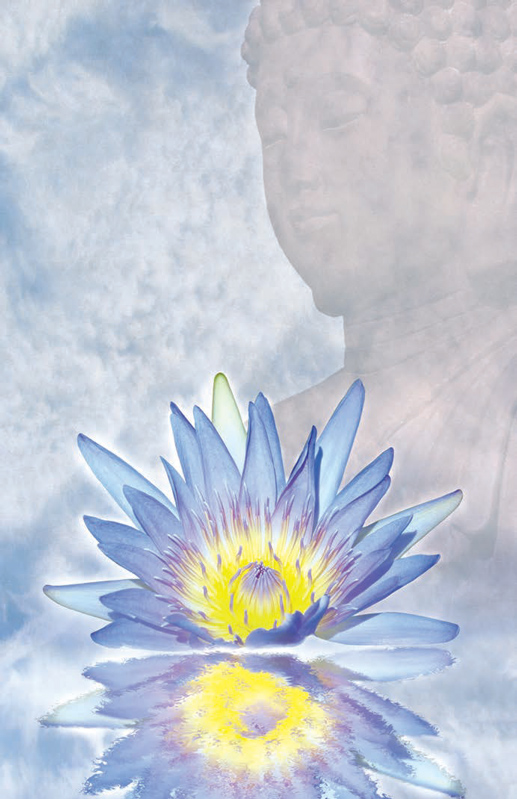 Yet for all of us there is hope. I know from my own experience that it is possible to rekindle that flame, even after the rough winds of life have reduced it to a flicker. It is possible, by the light of that ideal, to make a significant contribution to the health of the world. and it is possible, by that same light, to see the exquisite beauty of this compassionate universe.
Yet for all of us there is hope. I know from my own experience that it is possible to rekindle that flame, even after the rough winds of life have reduced it to a flicker. It is possible, by the light of that ideal, to make a significant contribution to the health of the world. and it is possible, by that same light, to see the exquisite beauty of this compassionate universe.
as I have mentioned, it was while I was teaching at a great university in India that I took to meditation – with a passion that soon consumed all my other desires and aspirations. when I saw that it might be possible for an ordinary man like me to reach for that high ideal and live in its light always, I could not rest without it.
Many mystics have compared the gradual awakening of spiritual awareness to an approaching dawn. If you take up this great adventure of meditation, I am sure you too will come to know what it is like to look into a dark sky and see the first glimmers of a light you thought you would never see again, to hear the birds begin to sing, to feel the kind of intoxicating joy that overwhelmed me when I first saw the gates opening for a fuller, richer, deeper, harder life, dedicated to the service of my highest ideals – not in heaven but right here on earth.
I was particularly fond of poetry in those days, and I had a passion for the beauty of nature. Every summer, when the university was on vacation, I went to stay with my mother at our little bungalow on the Blue Mountain, high above the hot, dusty plains and far from the hectic rounds of of academic life. at that point in my life, I would have assured you that I knew what beauty was; I drank from its wellsprings every day. But as my meditation deepened, I was amazed to find a new world opening up before me. at times it seemed that every tree I looked at had leaves that shone; every stream rushing down the hillside glittered with a brilliant light I had not seen in all my poetic observation. the birds’ songs had become so beautiful that I felt I was hearing them not just with my ears but with my whole being. I remember thinking to myself, where have these wonderful birds come from?
In particular, I recall one day when I had just arrived for the summer, and saw the two jacaranda trees that stood in front of our home. I had seen them often, of course. they bloomed each year in mid-april, and my mother always said it was because her boy was coming home. But that day their blossoms were transfigured. In the early morning light they sparkled like so many vibrant jewels.
Suddenly I realized that what had changed was not outside in the trees and streams and birds, but inside me. as the mystics say, I was seeing the world by the light within. through years of dedicated endeavor, the lamp had been lit in the depths of my consciousness, and all of nature had assumed an indescribable splendor. I recalled another stanza of wordsworth’s poignant poem – lines that evoke all the beauty of this compassionate universe and all the tragedy of lost ideals. when I had taught that poem to my students only a few months before, I had not understood what I was teaching:
The rainbow comes and goes,
And lovely is the rose;
The moon doth with delight
Look round her when the heavens are bare,
Waters on a starry night
Are beautiful and fair;
The sunshine is a glorious birth;
But yet I know, where’er
I go That there hath past away a glory from the earth.
that morning on the Blue Mountain, I understood. through my grandmother’s grace, I had recaptured that glory, and it would never leave me. From the jacaranda blossoms on the Blue Mountain to the birds and seals on the farthest shore of the Pacific Ocean, the entire world had been placed in my hands. It was mine to love, to protect, and then to pass on – a little greener and more peaceful than I had found it – to another generation.
May you too recapture that glory – it belongs to you as it belongs to every human being – and may you light the world with it.
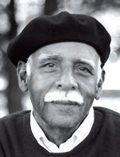 Eknath Easwaran (1910-1999) is respected around the world as the originator of passage meditation and an authentic guide to timeless wisdom. An Indian professor of English literature and a writer and speaker, he came to the U.S. in 1959 and founded the Blue Mountain Center of Meditation in 1961. The centre carries on his work today through publications and retreats. www.bmcm.org
Eknath Easwaran (1910-1999) is respected around the world as the originator of passage meditation and an authentic guide to timeless wisdom. An Indian professor of English literature and a writer and speaker, he came to the U.S. in 1959 and founded the Blue Mountain Center of Meditation in 1961. The centre carries on his work today through publications and retreats. www.bmcm.org







